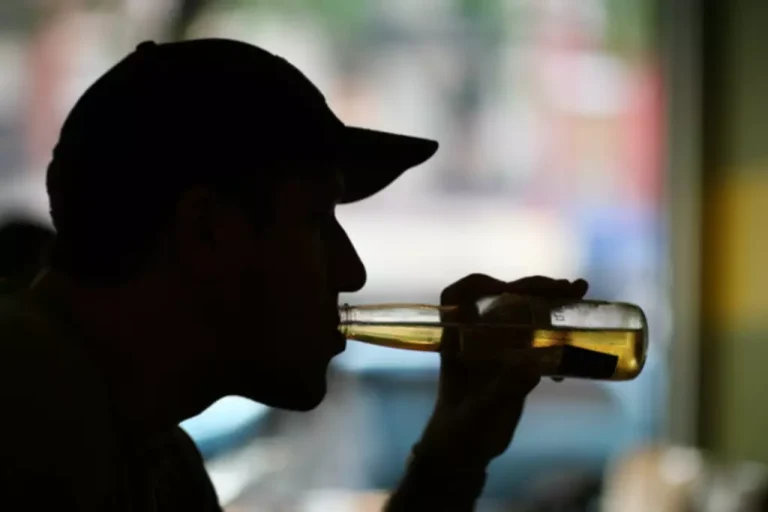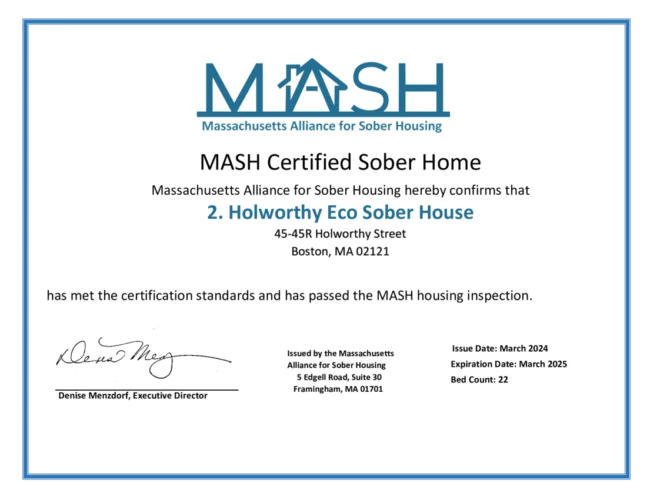Hangover shakes: Definition, causes, and more
There is no way to speed up metabolism or shorten hangover recovery time. Each recovery

There is no way to speed up metabolism or shorten hangover recovery time. Each recovery program incorporates individual, group, and family therapy to ensure that recovery becomes a process built on a caring and supportive community, not isolation or stigma. BlueCrest Recovery Center takes a whole-person approach to treatment, considering not only a person’s physical needs but also their emotional, psychological, and spiritual needs. Alcohol shakes, which are technically called tremors, are a type of involuntary shaking that affects different parts of the body. They are usually caused by issues with certain areas of the brain that control muscle movement.
Social Support and Treatment Programs

Several factors impact the duration, including how severe the dependency on alcohol is for the particular person having the shakes. Alcohol has a depressant effect on the body, slowing down brain function and energy levels. As the brain adapts to a regular influx of alcohol, it seeks to overcome alcohol’s sedative effect by increasing nerve activity to keep the body in a heightened state of alertness. Even when the intake of alcohol ceases, the brain stays in this state of high alert.

Treatment Options for Alcohol Tremors
These tremors typically manifest as uncontrollable shaking of the hands, limbs, or other parts of the body. They can also come accompanied by other symptoms – for example, anxiety and impacted mental health, sweating, high blood pressure and a racing heart. If you opt for inpatient treatment, you’ll be monitored for hallucinations or other alcohol shakes signs of delirium tremens. Your blood pressure levels, body temperature, heart rate, and blood tests will also be carefully monitored. You will be given fluids by an IV and may be sedated with medication to ease the withdrawal symptoms. Alcohol tremors can be debilitating and can make doing simple daily tasks much more difficult.

Alcohol Withdrawal Timeline
- Those with severe dependence, however, will face continued worsening of symptoms.
- If you have stopped using alcohol, haven’t talked to your doctor, and think you might be having DTs symptoms, call 911.
- It’s estimated that about 4-5 percent of people undergoing alcohol withdrawal experience the DTs.
- Either way, make sure you have someone around to supervise you and assure you’re drinking water & getting a fair amount of rest.
- Your blood pressure levels, body temperature, heart rate, and blood tests will also be carefully monitored.
- The end of this stage will be the peak of withdrawal symptoms for those with mild dependence.
Medical professionals can prescribe medications and provide guidance to make the withdrawal process safer and more comfortable. Unlike regular alcohol tremors, DT is a medical emergency and can be life-threatening if it’s not treated. DT’s are less common than regular alcohol tremors, occurring in about 5 percent of patients going through withdrawal. DT’S will typically appear around 2-4 days after a person’s last drink. They can start within six to eight hours after the last drink and last for up to five days in severe cases.
Alcohol-related brain damage

Symptoms of ARBD and ARBI include minor changes in your ability to think or remember things. Continued drinking with ARBD or ARBI puts you at risk for severe brain damage, including dementia. Alcohol-related brain damage (ARBD) or brain injury (ARBI) are brain disorders caused by long-term, heavy alcohol consumption.They usually affect people between the ages of 40 and 50. If shaking persists or becomes severe, it’s important to seek medical attention. The main reason alcohol shakes occur is because of changes in the brain and nervous system caused by excessive alcohol consumption. These shaky hands from alcohol can be quite debilitating and embarrassing to live with.
This stage of alcohol withdrawal, which can begin anywhere from 2 to 10 days after the last drink, can be fatal. The primary symptoms of DT, also known as delirium withdrawal, is a rapid onset of severe confusion and brain changes that affect blood circulation and breathing. If you drink a lot, your body keeps your CNS activity at a heightened state. If you suddenly stop drinking, you may experience symptoms of alcohol withdrawal.
How to treat hangover shakes
- Alcohol detox shakes are primarily caused by the body’s reaction to the absence of alcohol after a period of heavy consumption.
- For those with alcohol use disorder, withdrawal is just the first (but very important) step on a long journey to recovery.
- The fluids can come from water, other drinks, and food, but approximately 80 percent should be from water and non-caffeinated drinks.
- Individuals experiencing alcohol withdrawal syndrome should receive treatment according to the severity of their condition.
- Many of those recovering from substance use feel alone in their struggle for sobriety.
To determine if tremors experienced during alcohol detox are caused by DTs or a typical AWS, it’s necessary to understand the alcohol withdrawal timeline. Over 1.4 million people sought treatment for alcohol addiction in 2021. Facing alcohol withdrawal is a significant step in your journey towards recovery. It’s a path marked by challenges, but also by hope and the possibility of a healthier future.
- Long-term alcoholics will have alcohol shakes due to brain damage, liver disease (cirrhosis), or Wernicke-Korsakoff syndrome.
- As such, once the alcohol is removed from the body, the patient must undergo addiction treatment in an inpatient or outpatient setting.
- There are specific steps you can take to help reduce the effects of alcohol.
- For people at low risk of complications, an office visit to your primary care provider, along with at-home monitoring and virtual office visits, may suffice.
- However, if you have a milder addiction, you could be eligible for an at-home detox.
- Initially, these symptoms will be more mild and irritating; however, they will slowly increase in intensity.
Individuals with alcohol withdrawal syndrome may experience nausea, anxiety, extreme fatigue, and even seizures and hallucinations. These symptoms occur as a person’s body adjusts to the absence of alcohol in their system. And while symptoms typically improve within 5 days, some individuals may experience prolonged symptoms. Alcohol detox shakes, a common symptom of alcohol withdrawal, can be prevented through several proactive strategies.

Treatment for shakes and alcoholism
Sejam bem-vindos ao perfil de Guimarães!
Aqui você ficará por dentro dos destaques da nossa cultura, turismo, administração, educação, saúde, assistência social, infraestrutura e muito mais. Orgulhamo-nos de ser uma terra com 266 anos de história. Temos também uma riqueza cultural gigantesca, belezas naturais incomparáveis e, principalmente, um povo aguerrido e hospitaleiro.
Atualmente, nossa cidade está sob a administração do prefeito Osvaldo Gomes, um gestor incansável que tem buscado cada vez mais desenvolvimento para sua gente.
Prefeitura de Guimarães, eu amo, eu cuido!
SERVER THAILAND
SITUS GACOR
https://hiddenmeadowsapts.com
https://birdinhandwreningham.com
DRAGON303
WKING88
AKUN PRO
BUANA88

